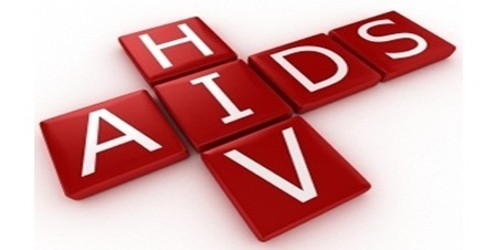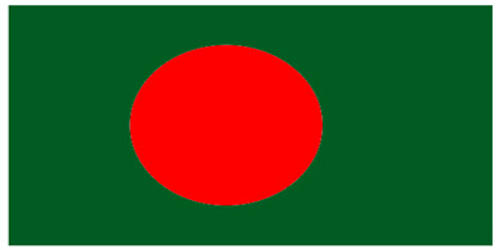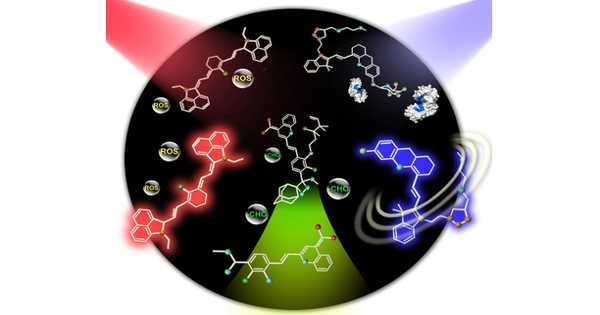HIV infection and AIDS –
HIV is a virus that causes AIDS. When a person is infected with HIV, the virus enters the body and lives and multiplies primarily in the white blood cells. HIV, short for “human immunodeficiency virus” is a virus that progressively destroys the body’s immune system. It does so by killing or damaging cells of the body’s immune system. HIV is a virus that attacks the immune system, our body’s natural defense against illness.
Testing regularly for HIV means you can get antiretroviral treatment if you need it and stay healthy. In the early stages, HIV infection may have no symptoms or just symptoms of a flu-like illness. However, as the disease progresses, the symptoms become progressively more severe. This may take several years to manifest.
AIDS describes a set of symptoms and illnesses that happen at the final stage of HIV infection if left untreated. AIDS (acquired immunodeficiency syndrome) is the advanced stage of HIV infection. The body’s immune system has been largely destroyed and it is susceptible to many life-threatening diseases and certain cancers.
It’s possible for antiretroviral treatment to reduce the level of HIV in the body to such low levels that blood tests cannot detect it. HIV infection reached worldwide epidemic proportions since emerging in the 1980s. Transmission is mostly done through unprotected sex, the sharing of syringes or needles, and from infected mother to baby during pregnancy or birth. However, there is no evidence that the infection can be spread through saliva or casual contact.
In the final stages of disease where the body has practically no immune system, all sorts of opportunistic infections can affect the body. If HIV is left untreated, it may take up to 10 or 15 years for the immune system to be so severely damaged that it can no longer defend itself at all. The inevitable result of this is death. Most people who are diagnosed early and take medicines for HIV can live long, healthy lives.
People with HIV can enjoy a long and healthy life by taking antiretroviral treatment which is effective and available to all. Precautions that can be taken to prevent HIV infection include having no unprotected sex especially with someone you do not know well even if he or she shows no symptoms of infection. HIV is found in semen, blood, vaginal and anal fluids, and breastmilk. Also, do not share or repeat the use of needles and syringes. The best thing to do is not to have multiple sex partners and not to take drugs. Medicines can help prevent HIV from developing into AIDS. Taking HIV treatment and becoming undetectable eliminates this risk.
















